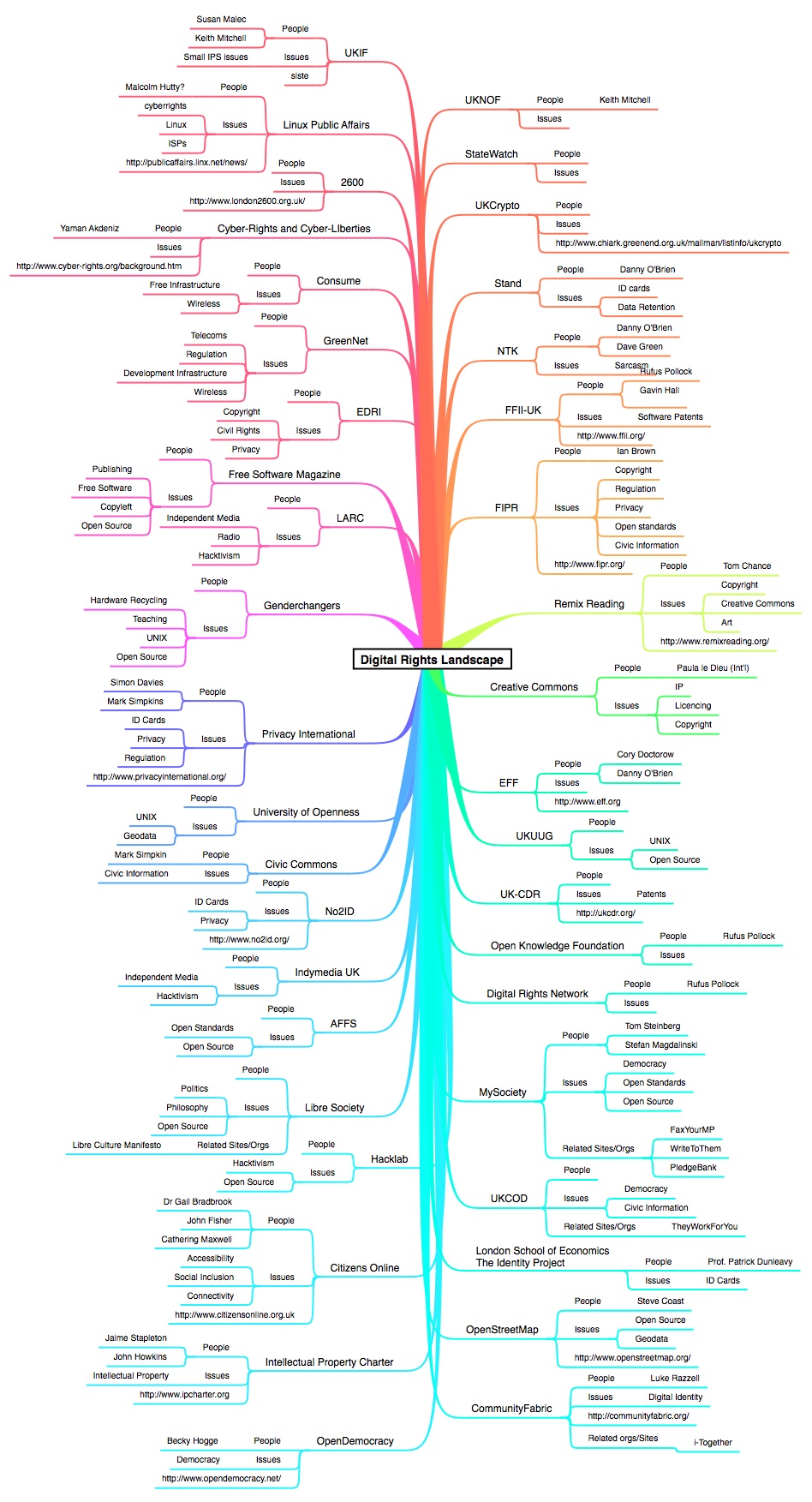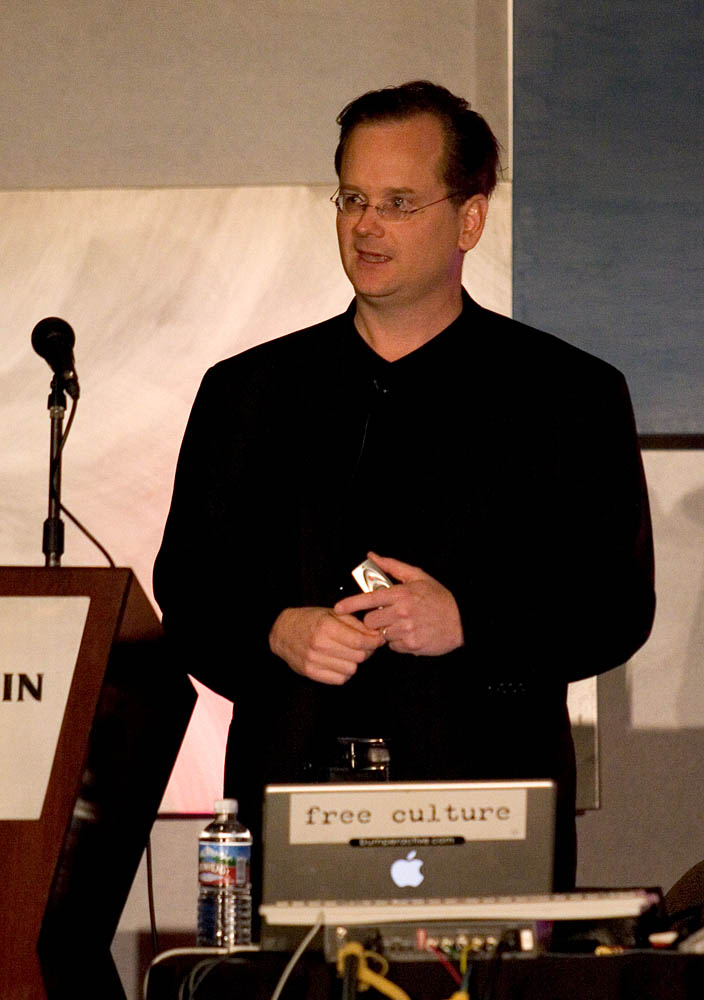|
Internet Freedom
Internet freedom is an umbrella term that encompasses digital rights, freedom of information, the right to Internet access, freedom from Internet censorship, and net neutrality. Some believe that Internet freedom is not a human right. They think this because putting something like Internet freedom as a human right could weaken what human rights stand for. Going along with this, people pay for, own, and operate these servers and saying someone has a right to them which makes it a claim of entitlement. Some countries limit what their citizens can watch and view on the Internet to varying degrees. "In June 2012, it was declared a human right by the United Nations Human Rights Council." Some countries have attempted to ban certain sites and or words that would limit internet freedom. "Since the 1990s, European regulators have held American technology firms to higher standards of privacy and competition than American regulators have required them. European regulators have also soug ... [...More Info...] [...Related Items...] OR: [Wikipedia] [Google] [Baidu] |
Digital Rights
Digital rights are those human rights and legal rights that allow individuals to access, use, create, and publish digital media or to access and use computers, other electronic devices, and telecommunications networks. The concept is particularly related to the protection and realization of existing rights, such as the right to privacy and freedom of expression, in the context of digital technologies, especially the Internet. The laws of several countries recognize a right to Internet access. Human rights and the Internet A number of human rights have been identified as relevant with regard to the Internet. These include freedom of expression, privacy, and freedom of association. Furthermore, the right to education and multilingualism, consumer rights, and capacity building in the context of the right to development have also been identified. According to an editorial in the journal ''La Civilta Cattolica'' the Internet is a global public good that should be accessible ... [...More Info...] [...Related Items...] OR: [Wikipedia] [Google] [Baidu] |
Information Wants To Be Free
"Information wants to be free" is an expression that means all people should be able to access information freely. It is often used by technology activists to criticize laws that limit transparency and general access to information. People who criticize intellectual property law say the system of such government-granted monopolies conflicts with the development of a public domain of information. The expression is often credited to Stewart Brand, who was recorded saying it at a hackers conference in 1984.. History The phrase is attributed to Stewart Brand, who, in the late 1960s, founded the ''Whole Earth Catalog'' and argued that technology could be liberating rather than oppressing.. What is considered the earliest recorded occurrence of the expression was at the first Hackers Conference in 1984, although the video recording of the conversation shows that what Brand actually said is slightly different. Brand told Steve Wozniak: Brand's conference remarks are transcribed accur ... [...More Info...] [...Related Items...] OR: [Wikipedia] [Google] [Baidu] |
Digital Rights
Digital rights are those human rights and legal rights that allow individuals to access, use, create, and publish digital media or to access and use computers, other electronic devices, and telecommunications networks. The concept is particularly related to the protection and realization of existing rights, such as the right to privacy and freedom of expression, in the context of digital technologies, especially the Internet. The laws of several countries recognize a right to Internet access. Human rights and the Internet A number of human rights have been identified as relevant with regard to the Internet. These include freedom of expression, privacy, and freedom of association. Furthermore, the right to education and multilingualism, consumer rights, and capacity building in the context of the right to development have also been identified. According to an editorial in the journal ''La Civilta Cattolica'' the Internet is a global public good that should be accessible ... [...More Info...] [...Related Items...] OR: [Wikipedia] [Google] [Baidu] |
Internet Access
Internet access is the ability of individuals and organizations to connect to the Internet using computer terminals, computers, and other devices; and to access services such as email and the World Wide Web. Internet access is sold by Internet service providers (ISPs) delivering connectivity at a wide range of data transfer rates via various networking technologies. Many organizations, including a growing number of municipal entities, also provide cost-free wireless access and landlines. Availability of Internet access was once limited, but has grown rapidly. In 1995, only percent of the world's population had access, with well over half of those living in the United States, and consumer use was through dial-up. By the first decade of the 21st century, many consumers in developed nations used faster broadband technology, and by 2014, 41 percent of the world's population had access, broadband was almost ubiquitous worldwide, and global average connection speeds exceeded one ... [...More Info...] [...Related Items...] OR: [Wikipedia] [Google] [Baidu] |
Steal This Film
''Steal This Film'' is a film series documenting the movement against intellectual property directed by Jamie King, produced by The League of Noble Peers and released via the BitTorrent peer-to-peer protocol. Two parts, and one special The Pirate Bay trial edition of the first part, have been released so far, and The League of Noble Peers is working on "Steal this Film – The Movie" and a new project entitled "The Oil of the 21st Century". Part one ''Part One'', shot in Sweden and released in August 2006, combines accounts from prominent players in the Swedish piracy culture (The Pirate Bay, Piratbyrån, and the Pirate Party) with found material, propaganda-like slogans and Vox Pops. It includes interviews with The Pirate Bay members Fredrik Neij (tiamo), Gottfrid Svartholm (anakata) and Peter Sunde (brokep) that were later re-used by agreement in the documentary film ''Good Copy Bad Copy'', as well as with Piratbyrån members Rasmus Fleischer (rsms), Johan (krignell) a ... [...More Info...] [...Related Items...] OR: [Wikipedia] [Google] [Baidu] |
Public Domain
The public domain (PD) consists of all the creative work to which no exclusive intellectual property rights apply. Those rights may have expired, been forfeited, expressly waived, or may be inapplicable. Because those rights have expired, anyone can legally use or reference those works without permission. As examples, the works of William Shakespeare, Ludwig van Beethoven, Leonardo da Vinci and Georges Méliès are in the public domain either by virtue of their having been created before copyright existed, or by their copyright term having expired. Some works are not covered by a country's copyright laws, and are therefore in the public domain; for example, in the United States, items excluded from copyright include the formulae of Newtonian physics, cooking recipes,Copyright Protection ... [...More Info...] [...Related Items...] OR: [Wikipedia] [Google] [Baidu] |
Pirate Party
Pirate Party is a label adopted by political parties around the world. Pirate parties support civil rights, direct democracy (including e-democracy) or alternatively participation in government, reform of copyright and patent law, free sharing of knowledge ( open content), information privacy, transparency, freedom of information, free speech, anti-corruption and net neutrality. The name ''pirate party'' alludes to online piracy; pirate parties do not represent oceangoing pirates. Pirate parties are often considered outside of the economic left-right spectrum or to have context-dependent appeal.Simon, Otjes (22nd January 2019)All on the same boat? Voting for pirate parties in comparative perspective Political Studies Association, 2020, Vol. 40(1) no. 38–53 SAGE Publishing. Page 49: "This indicates that instead of not appealing along left-right lines at all, pirate party’s left-right appeal is context-dependent. Moreover, it is more closely related to sympathy for thes ... [...More Info...] [...Related Items...] OR: [Wikipedia] [Google] [Baidu] |
Freedom Of Speech
Freedom of speech is a principle that supports the freedom of an individual or a community to articulate their opinions and ideas without fear of retaliation, censorship, or legal sanction. The right to freedom of expression has been recognised as a human right in the Universal Declaration of Human Rights and international human rights law by the United Nations. Many countries have constitutional law that protects free speech. Terms like ''free speech'', ''freedom of speech,'' and ''freedom of expression'' are used interchangeably in political discourse. However, in a legal sense, the freedom of expression includes any activity of seeking, receiving, and imparting information or ideas, regardless of the medium used. Article 19 of the UDHR states that "everyone shall have the right to hold opinions without interference" and "everyone shall have the right to freedom of expression; this right shall include freedom to seek, receive, and impart information and ideas of all kinds, ... [...More Info...] [...Related Items...] OR: [Wikipedia] [Google] [Baidu] |
Freedom Of Information
Freedom of information is freedom of a person or people to publish and consume information. Access to information is the ability for an individual to seek, receive and impart information effectively. This sometimes includes "scientific, Indigenous peoples, indigenous, and traditional knowledge; freedom of information, building of open knowledge resources, including open Internet and open standards, and open access and availability of data; preservation of digital heritage; respect for cultural and linguistic diversity, such as fostering access to local content in accessible languages; quality education for all, including lifelong and Educational technology, e-learning; diffusion of new media and information literacy and skills, and social inclusion online, including addressing inequalities based on skills, education, gender, age, race, ethnicity, and accessibility by those with disabilities; and the development of connectivity and affordable ICTs, including mobile, the Internet, a ... [...More Info...] [...Related Items...] OR: [Wikipedia] [Google] [Baidu] |
Freedom Of Information
Freedom of information is freedom of a person or people to publish and consume information. Access to information is the ability for an individual to seek, receive and impart information effectively. This sometimes includes "scientific, Indigenous peoples, indigenous, and traditional knowledge; freedom of information, building of open knowledge resources, including open Internet and open standards, and open access and availability of data; preservation of digital heritage; respect for cultural and linguistic diversity, such as fostering access to local content in accessible languages; quality education for all, including lifelong and Educational technology, e-learning; diffusion of new media and information literacy and skills, and social inclusion online, including addressing inequalities based on skills, education, gender, age, race, ethnicity, and accessibility by those with disabilities; and the development of connectivity and affordable ICTs, including mobile, the Internet, a ... [...More Info...] [...Related Items...] OR: [Wikipedia] [Google] [Baidu] |
Free Culture Movement
The free-culture movement is a social movement that promotes the freedom to distribute and modify the creative works of others in the form of free content or open content without compensation to, or the consent of, the work's original creators, by using the Internet and other forms of media. The movement objects to what it considers over-restrictive copyright laws. Many members of the movement argue that such laws hinder creativity. They call this system "permission culture". The free-culture movement, with its ethos of free exchange of ideas, is aligned with the free and open-source-software movement, as well as other movements and philosophies such as open access (OA), the remix culture, the hacker culture, the access to knowledge movement, the copyleft movement and the public domain movement. History Precursors In the late 1960s, Stewart Brand founded the ''Whole Earth Catalog'' and argued that technology could be liberating rather than oppressing.. He coined th ... [...More Info...] [...Related Items...] OR: [Wikipedia] [Google] [Baidu] |

.jpg)
